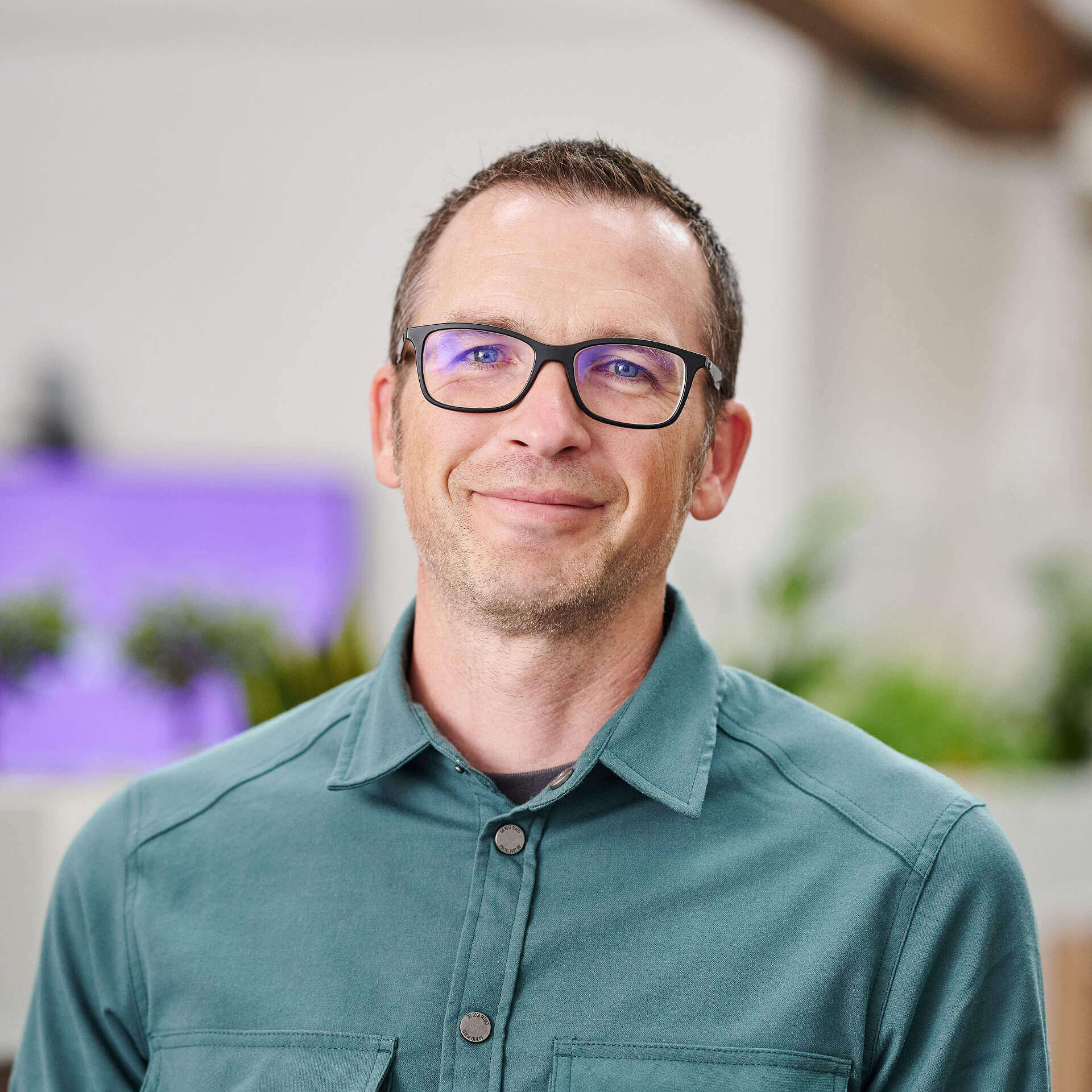
Digital transformation is one of those phrases that gets thrown around a lot. It’s exciting, it’s important, and—when done right—it can completely change how your organisation works. But too often, transformation efforts stall because they’re built on shaky foundations: assumptions, buzzwords, and myths that don’t hold up in practice.
The truth is, transformation isn’t about simply swapping out technology or chasing the latest trend. It’s about creating meaningful change across people, processes, and technology—backed by evidence, not assumptions.
If you’re a Chief Strategy Officer, Innovation Lead, or Transformation Manager, you’ll know how easy it is to get caught between the big vision and the reality of legacy systems, siloed teams, and unclear paths to scaling. To help, we’re debunking the five biggest digital transformation myths that might be holding you back.
Myth 1: Digital Transformation is just about technology
When most people hear “digital transformation,” their first thought is technology. New software. New platforms. A shiny new system.
The reality? Technology is only one piece of the puzzle. True transformation requires you to reimagine how your organisation works, from culture to processes to service delivery. Without bringing your people on the journey, the best tools in the world won’t make a difference.
At Digital Wonderlab, we often say that transformation sits at the intersection of people, process, and technology. A great strategy doesn’t just plug in new systems—it builds alignment across the organisation and creates space for innovation to thrive.
That’s why our Digital Service Design and Strategy Development services start with people. Through co-creation workshops, we help you explore challenges, opportunities, and ways of working that put your teams and users at the heart of the journey.
Myth 2: Transformation can be delivered by a single department
Another common myth is that one team—or worse, one individual—can “own” digital transformation. Often, IT or innovation departments are tasked with driving big, organisation-wide change without the cross-functional support they need.
But transformation isn’t something that happens in isolation. Silos block progress. To succeed, you need collaboration across leadership, operations, technology, and service delivery. Everyone has a role to play.
That’s why we focus on breaking down barriers between departments. Innovation sprints and pilots bring together cross-functional teams, encouraging them to test ideas quickly, share insights, and build solutions that reflect real organisational needs.
Put simply: transformation isn’t siloed—it’s shared.
Myth 3: Quick wins equal long-term success
There’s a lot of pressure to deliver quick results, and pilots or “innovation projects” are often seen as proof that transformation is working. Quick wins matter—they create momentum and help teams see what’s possible.
But here’s the catch: quick wins on their own don’t equal transformation. Without a clear path for scaling, innovation risks stalling at the pilot stage, with projects gathering dust instead of delivering lasting impact.
That’s why every strategy we develop includes a Digital Transformation Roadmap. It connects the dots between small-scale pilots and enterprise-level change, making sure that innovation doesn’t just spark—it sustains.
Our role is to help you turn promising pilots into measurable, long-term outcomes by providing the frameworks, governance, and support needed for scaling.
Myth 4: Legacy systems make transformation impossible
For many organisations, legacy systems feel like the biggest blocker. They’re outdated, complex, and hard to replace. It’s tempting to believe that until they’re gone, transformation has to wait.
But here’s the truth: legacy systems don’t have to stop you. Yes, they can be challenging—but with the right approach, they can also be a foundation to build on. Sometimes the smartest route isn’t ripping everything out, but integrating, phasing, or modernising step by step.
Through digital audits and discovery, we help organisations untangle complexity and find practical paths forward. That might mean migrating core systems, integrating with new tools, or creating a phased approach that balances ambition with operational reality.
Transformation is rarely about “starting from scratch.” It’s about making legacy work for you today while planning for tomorrow.
Myth 5: Transformation has a defined endpoint
It’s easy to think of transformation as a project: something with a start, middle, and end. Launch the new system, run the training, tick the box. Done.
But in reality, transformation is never “finished.” Technology keeps evolving. Customer expectations shift. Market conditions change. What works today may not be enough tomorrow.
That’s why transformation has to be seen as an ongoing journey, not a one-time milestone. The most successful organisations are those that embed continuous innovation and improvement into their culture.
At Digital Wonderlab, we don’t just deliver a strategy and walk away. Whether it’s through Fractional CTO support, board advisory, or ongoing strategic guidance, we work alongside you to ensure transformation remains agile, evidence-led, and impactful over the long term.
The goal isn’t to “complete” transformation—it’s to stay ready for what’s next.
Bringing it all together
Digital transformation isn’t about technology alone. It isn’t about silos, short-term wins, or chasing the latest buzzword. And it certainly isn’t a box you can tick once and move on.
It’s about aligning innovation with your core operations, breaking down barriers, scaling ideas, and adapting systems—all while putting people and users at the centre.
At Digital Wonderlab, we partner with organisations to deliver meaningful digital change that sticks. Our approach combines strategy, co-creation, and evidence-backed roadmaps to help you move from spark to sustained success.
If you’re ready to move past the myths and start building a transformation strategy that actually works, we’d love to help. Explore our Strategy & Transformation services or get in touch to book a discovery workshop.





